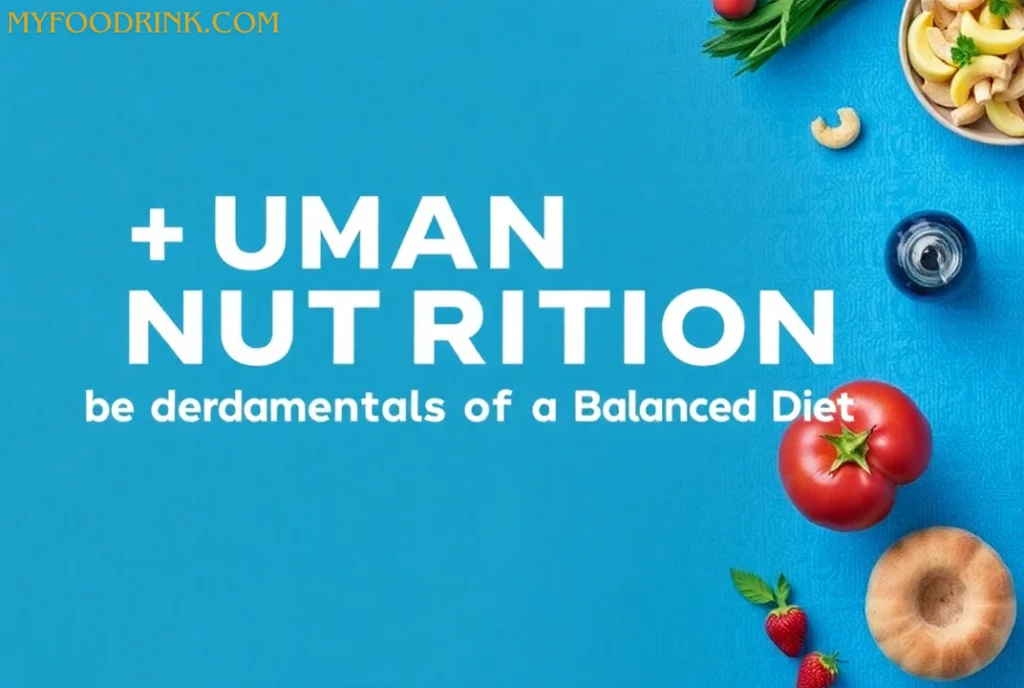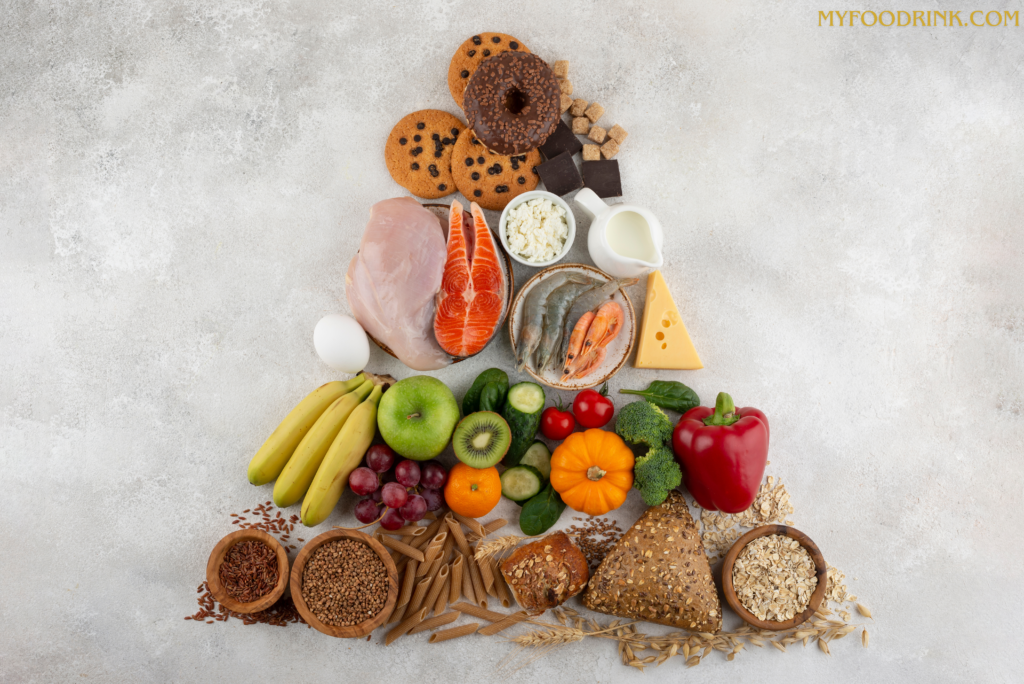The Science of Human Nutrition: How to Eat for Optimal Health
Discover the science of human and nutrition and learn how to eat for optimal health. Explore essential nutrients, diet tips, and debunk common nutrition myths. Build a balanced diet and improve your well-being today!

Introduction
Why Nutrition Is the Foundation of a Healthy Life
What you eat directly impacts your energy, mood, and overall well-being. Nutrition isn’t just about counting calories—it’s about fueling your body with the right nutrients to thrive. A well-balanced diet can boost your immune system, improve brain function, and even help prevent chronic diseases like diabetes and heart disease.
What This Article Covers
In this guide, we’ll break down the fundamentals of human nutrition, including essential nutrients, how they affect your health, and how to build a balanced diet. We’ll also debunk common nutrition myths and provide practical tips for maintaining a healthy lifestyle.
Key Benefits of Understanding Nutrition
✅ Enhances energy levels and mental clarity
✅ Supports a strong immune system and overall health
✅ Helps in weight management and disease prevention
✅ Improves digestion and gut health
✅ Promotes long-term well-being and longevity

1. What Is Human Nutrition?
Definition and Importance
Human and nutrition is the science of how the body processes food and uses it for growth, energy, and overall well-being. It involves the intake of essential nutrients that support bodily functions and help prevent disease. Good nutrition is key to maintaining a healthy weight, boosting immunity, and improving mental clarity.
How Nutrition Affects Overall Well-Being
Proper nutrition provides energy, supports cognitive function, and strengthens the immune system. A well-balanced diet can help prevent chronic diseases such as diabetes, heart disease, and obesity. Understanding nutrition empowers individuals to make better dietary choices for long-term health benefits.
2. The Essential Nutrients Your Body Needs
Macronutrients: Carbs, Proteins, and Fats
- Carbohydrates: The body’s primary energy source. Found in whole grains, fruits, and vegetables.
- Proteins: Essential for muscle repair and growth. Sources include lean meats, fish, beans, and dairy.
- Fats: Necessary for brain function and energy storage. Healthy sources include nuts, seeds, avocados, and olive oil.
Micronutrients: Vitamins and Minerals
- Vitamins: Vital for immune function and cell health. (e.g., Vitamin C in citrus fruits, Vitamin D from sunlight).
- Minerals: Important for bone strength and nerve function. (e.g., Calcium in dairy, Iron in leafy greens).
Water: The Overlooked but Crucial Nutrient
Water is essential for digestion, circulation, and temperature regulation. Staying hydrated supports metabolism and overall health.

3. How Nutrition Affects Your Health
Impact on the Immune System, Energy Levels, and Longevity
A nutrient-rich diet boosts the immune system, enhances energy production, and promotes longevity by reducing inflammation and oxidative stress.
Role in Preventing Diseases
Balanced nutrition helps prevent obesity, diabetes, and heart disease by regulating blood sugar levels, reducing bad cholesterol, and maintaining a healthy weight.
4. Common Myths About Nutrition
Debunking Misconceptions
- “All fats are bad.” Healthy fats are essential for brain function and heart health.
- “Carbs make you fat.” Whole carbs provide essential nutrients and energy.
- “Skipping meals helps with weight loss.” Skipping meals can slow metabolism and lead to overeating.
Science-backed nutrition facts help people make informed choices for better health.

5. How to Build a Balanced Diet
Portion Control and Food Diversity
Eating a variety of foods ensures that the body receives all essential nutrients. Portion control helps maintain a healthy weight.
Meal Planning Tips for Optimal Nutrition
- Plan meals in advance to include proteins, healthy fats, and fiber-rich carbs.
- Reduce processed foods and incorporate whole, nutrient-dense ingredients.
6. Best Diets for Different Lifestyles
Popular Diets and Their Benefits
- Keto Diet: Low-carb, high-fat diet for weight loss and mental clarity.
- Mediterranean Diet: Rich in fruits, vegetables, whole grains, and healthy fats, ideal for heart health.
- Vegan Diet: Plant-based eating for improved digestion and reduced risk of chronic disease.
Choosing the right diet depends on individual health goals and lifestyle preferences.
7. Practical Nutrition Tips for Everyday Life
Easy Ways to Improve Diet Without Strict Rules
- Focus on whole, minimally processed foods.
- Eat mindfully and avoid emotional eating.
- Stay hydrated throughout the day.
How to Read Nutrition Labels
- Check serving sizes and calorie content.
- Look for hidden sugars and unhealthy fats.
- Prioritize ingredients with high nutritional value.

Conclusion
Understanding human nutrition is the key to maintaining long-term health and well-being. By making informed dietary choices, you can enhance your energy levels, strengthen your immune system, and prevent chronic diseases. Start making small, positive changes today for a healthier tomorrow!

